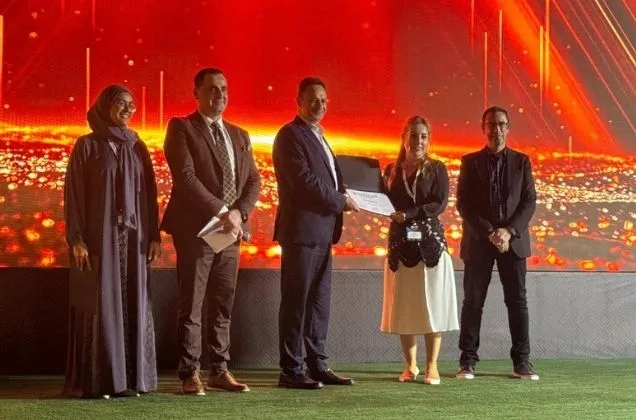23/05/2025
The Disaster Preparedness Workshop hosted by Sabancı University brought together academics, civil society organizations, and field practitioners. The workshop particularly featured information on disaster relief efforts, logistical challenges, and coordination strategies.
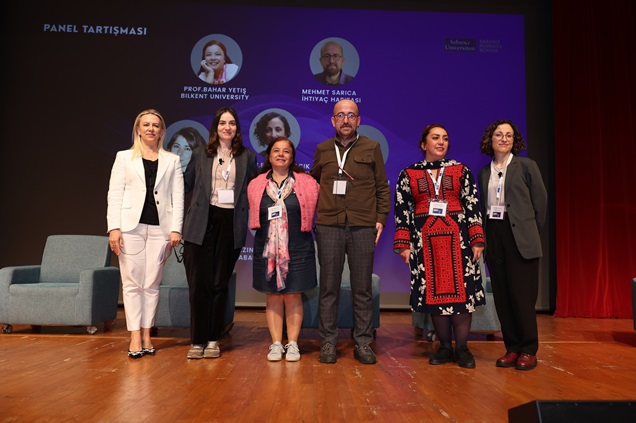
Sabancı University hosted the Disaster Preparedness Workshop on May 16. Sabancı Business School Dean Ayşegül Toker, Disaster and Emergency Management Presidency (AFAD) Istanbul Provincial Disaster and Emergency Manager Prof. Haluk Özener, Nasuh Mahruki, Former President of the Search and Rescue Association (AKUT), Prof. Dr. Sibel Salman from Koç University’s Industrial Engineering Department, TOKTUT Association President Melsen Tunca, and Istanbul Metropolitan Municipality Disaster Coordination Branch Manager Selçuk Tütüncü attended the event held on the Tuzla Campus.
The first Disaster Preparedness Session within the scope of the workshop addressed critical challenges encountered in disaster management. The event, organized with the aim of bringing theory and practice together in disaster preparedness and response processes, included discussions on aid efforts, logistical challenges, and coordination strategies in light of the devastating Kahramanmaraş earthquake that occurred on February 6, 2023.
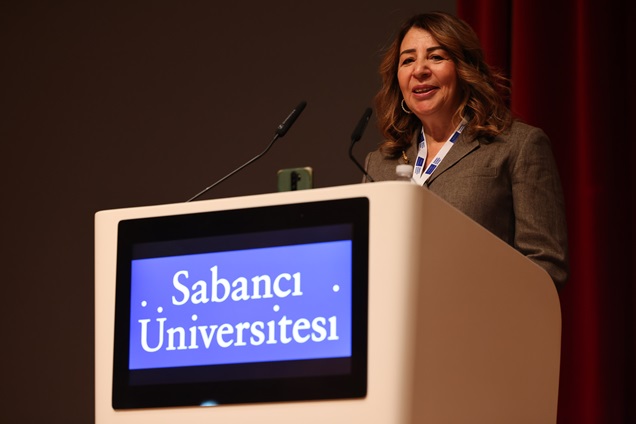
Sabancı Business School Dean Toker made the following statement in her opening speech at the event: “We believe that disaster preparedness is not limited to technical knowledge alone, but that bringing together knowledge, experience, and perspectives from different disciplines is a fundamental necessity. In order to mitigate disaster risk and increase the resilience capacity of society, strong and sustainable cooperation between public institutions, academia, civil society organizations, and international organizations is essential. Only through this multi-stakeholder and interdisciplinary approach can we develop more comprehensive, impressive, and permanent solutions to disasters. At Sabancı Business School, we attach great importance to exposing our students to these multi-faceted issues at an early age and including them in solution development processes while raising future leaders. With this approach, we broke new ground last year by adding the Disaster Awareness and Aid Management course to our curriculum.”
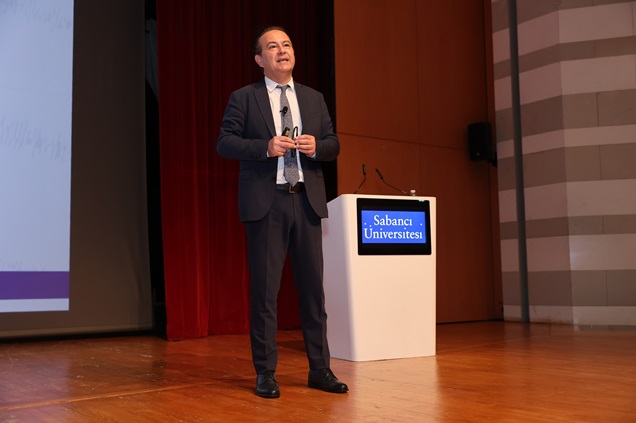
“Extraordinary results can be achieved with the cooperation of civil society organizations, the public and private sectors”
AFAD Istanbul Provincial Disaster and Emergency Manager and former Boğaziçi University Kandilli Observatory Director Prof. Özener first drew a general framework for Turkey in his presentation entitled “AFAD Projection in Disaster Management” and touched on details focused on Istanbul. Özener provided information about what needs to be done before and after the disaster and the work done throughout the country, and said, “The 1999 earthquake was a milestone for all of us, but the February 6 earthquake was a new milestone. There is much more to be done.” Özener emphasized that disaster management was previously assigned to three different institutions, and later it was assigned to the Disaster Management Presidency, and finally in 2018, it was assigned to the Ministry of Interior within the Presidency and continued its work. Özener said, “Within the framework of integrated disaster management, we have planning and risk mitigation, preparation, intervention, recovery, and finally re-planning and risk mitigation steps,” and emphasized that there are risk mitigation plans in 81 provinces.
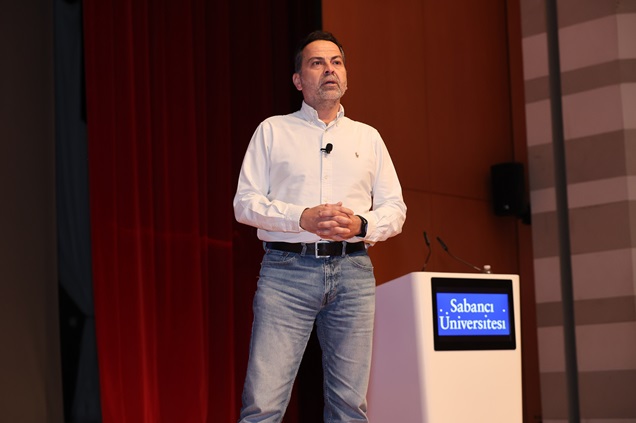
Mahruki, the former president of AKUT Association, emphasized in his speech entitled “Search and Rescue” that being prepared for disasters is of great importance both on an individual and institutional level. Mahruki, who drew attention to the fact that the first 12-24 hours are especially critical, stated that ensuring security, providing correct information, and establishing organization quickly are of vital importance during this process. Mahruki continued as follows: “In terms of disaster response, we have fallen behind compared to past practices. The exclusion of the Turkish Armed Forces (TSK) from the system is a significant deficiency. Public authority, especially the presence of soldiers and police, is of great importance in controlling the chaos that occurs during a disaster. All segments of society, especially the state, should be prepared for effective disaster management. It is very important that everyone receives basic disaster awareness training, basic fire training, and basic first aid training. If civil society organizations, the public, and private sectors cooperate, we can achieve extraordinary results.”
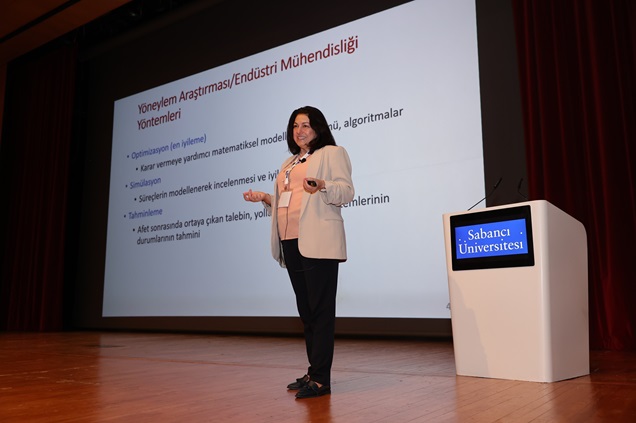
The prominent elements in disaster management were highlighted
Prof. Dr. Salman from Koç University Industrial Engineering Department made a presentation entitled “Optimization and Decision Support in Disaster Management”. Emphasizing that resources are limited, needs are urgent, and the process is multi-disciplinary and multi-actor in disaster management, Salman drew attention to the fact that effective management of operations and rapid decision-making and action are of great importance. Salman also explained the difficulties encountered in disaster management and the methods and solutions developed within the scope of industrial engineering.
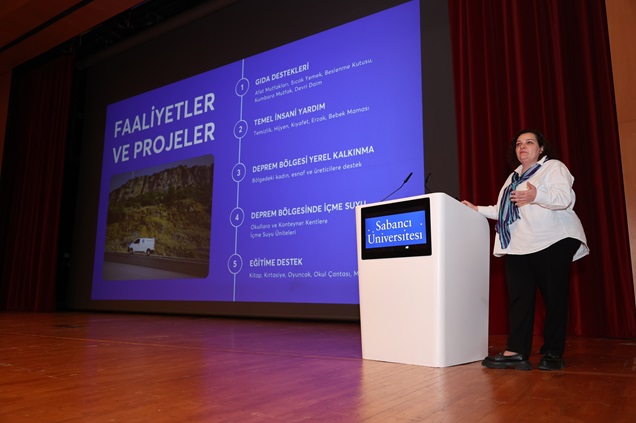
TOKTUT Association President Melsen Tunca drew attention to their work in disaster areas, while Selçuk Tütüncü from Istanbul Metropolitan Municipality Disaster Coordination Center explained the ongoing projects as well as damage reduction and preparation, intervention, and recovery works in his presentation entitled “Disaster Preparation for Istanbul”.
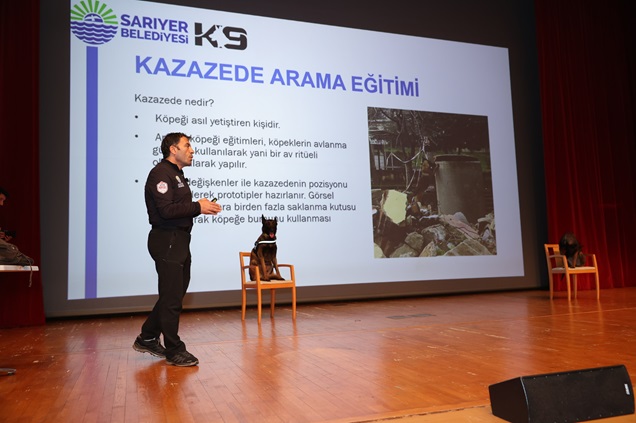
Sarıyer Municipality Canine Search and Rescue Team Chief and Disaster Trainer Halit Canbaş provided information about AFAD Search and Rescue Dogs at the event.
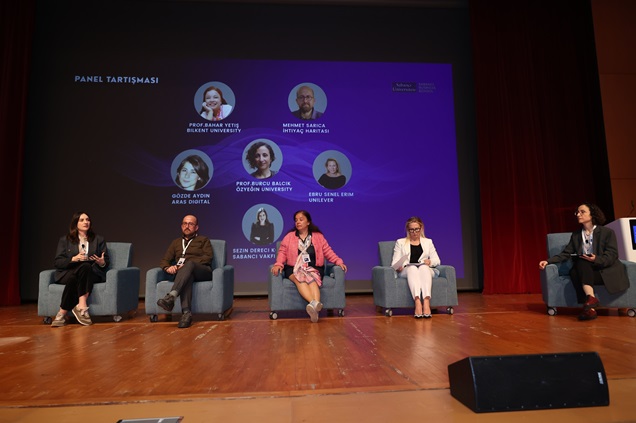
The panel moderated by Özyeğin University Faculty Member Prof. Burcu Balçık, which was held in the last part of the event, was attended by Bilkent University Industrial Engineering Department Head Prof. Dr. Bahar Yetiş, Sabancı Foundations Programs Manager Sezin Dereci Kösem, İhtiyaç Haritası Regional Director Mehmet Sarıca, Unilever Turkey PTAB (Pakistan, Turkey, Arabia, Bangladesh) Corporate Relations and Communications Manager Ebru Şenel Erim, and Aras Dijital Deputy General Manager Gözde Aydın. The panel drew attention to the importance of determining needs, coordination, and cooperation, and addressed issues such as what kind of work is being done in partnership between the private sector, academia, and civil society, and what can be done in the future.
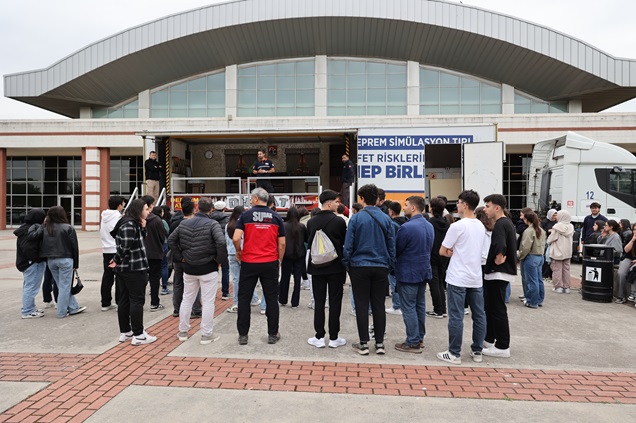
Within the scope of the workshop, AFAD teams provided information about disaster risks and performed an earthquake simulation in the Earthquake Simulation truck on the campus. The Red Crescent Mobile Blood Donation Vehicle received blood donations, and the Red Crescent Catering Vehicle served soup. AFAD Istanbul Provincial Directorate, AFAD Akfırat Search and Rescue Unit, IMM Istanbul Fire Department Fire Training Center (İBİTEM), Sabancı University Search and Rescue Team-SUDAK, Kartal Municipality Search and Rescue Team, which earned the Heavy Class Search and Rescue Team Accreditation from AFAD last month, Tuzla Municipality Search and Rescue Team, and Sarıyer Municipality Canine Search and Rescue Team also attended the workshop and provided information to the participants in the field.




